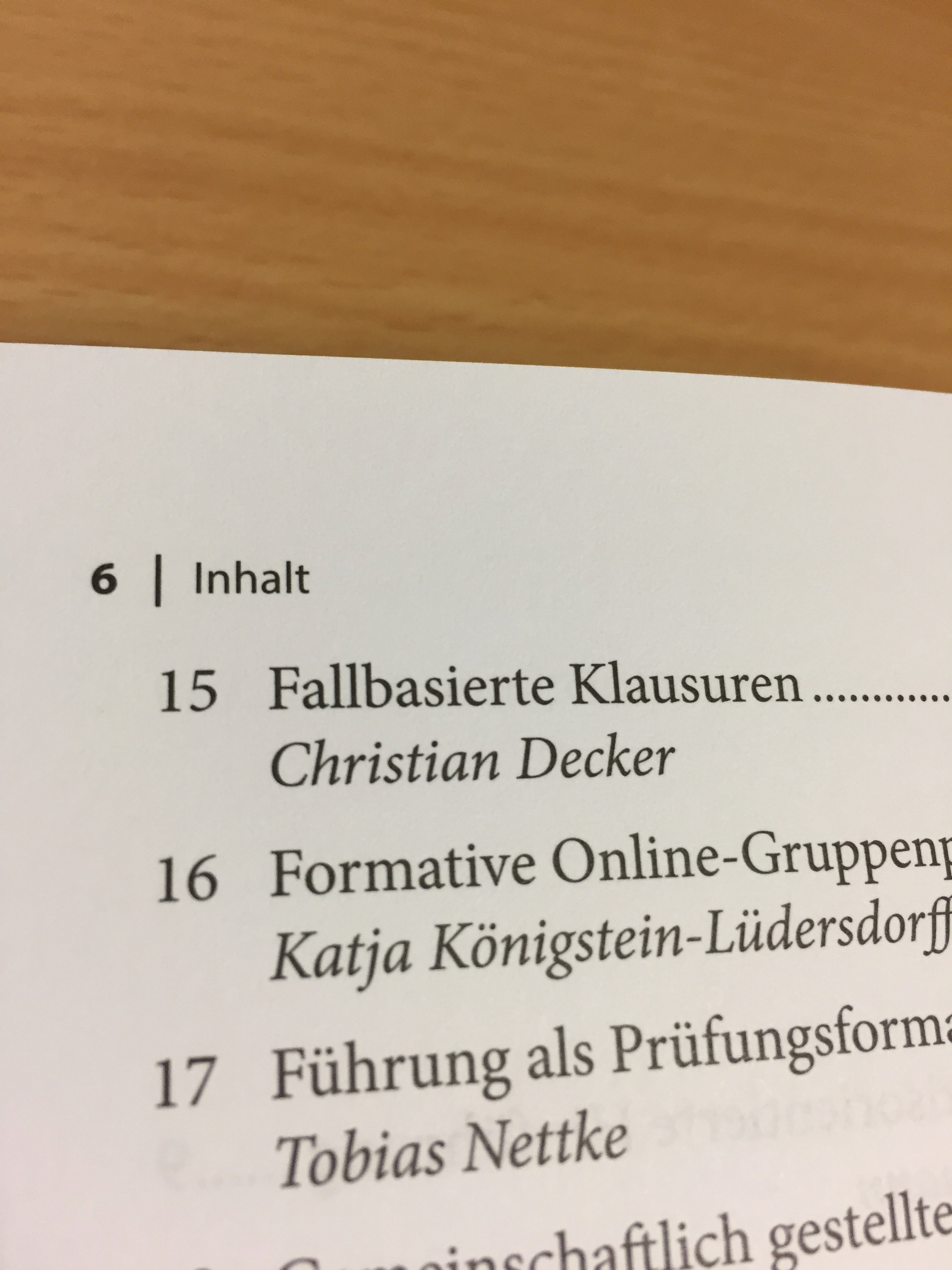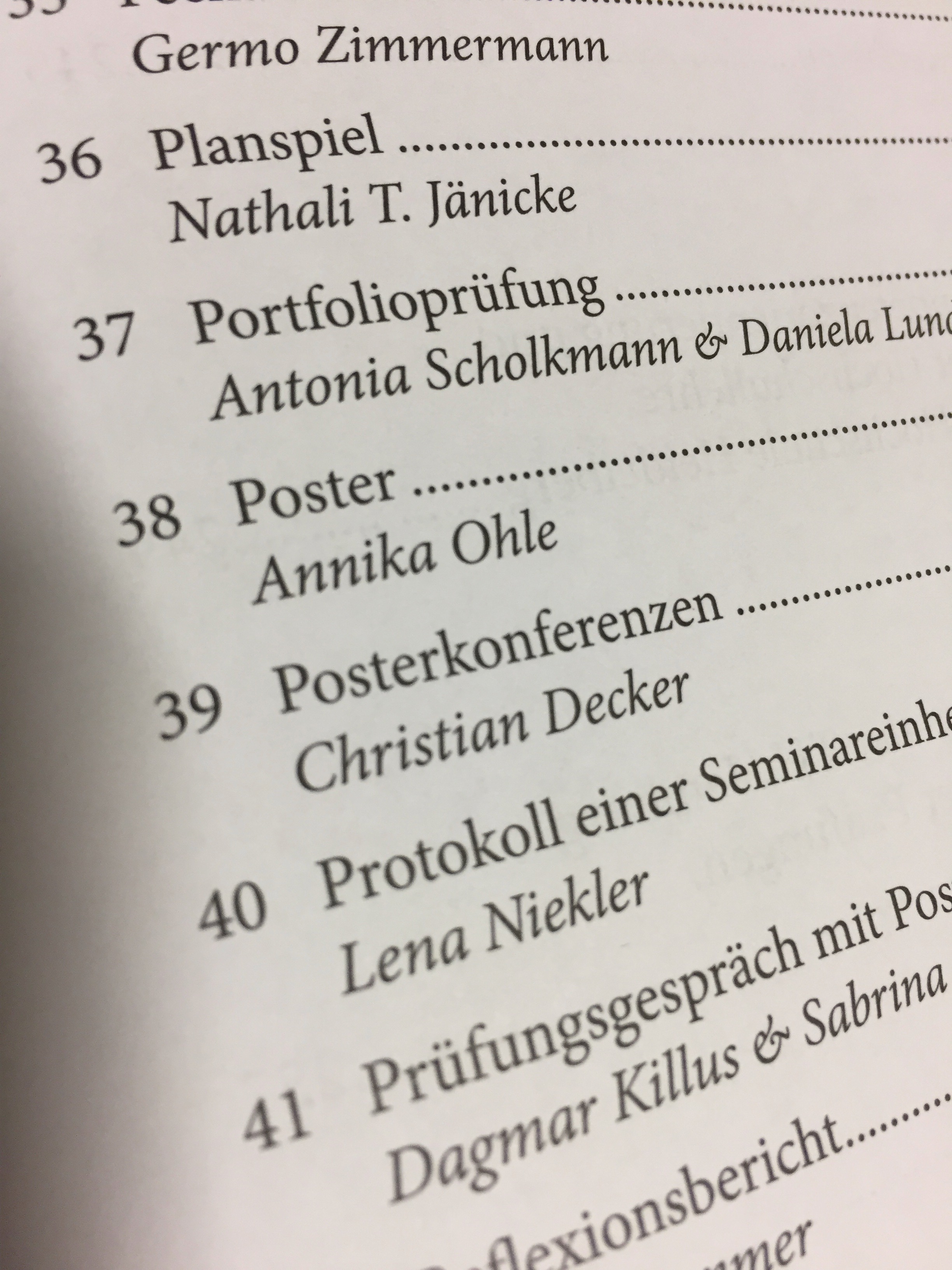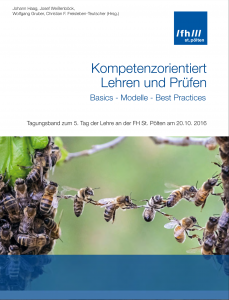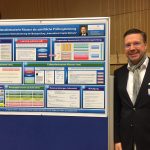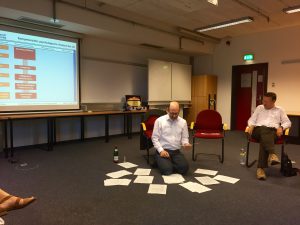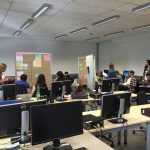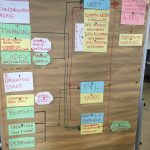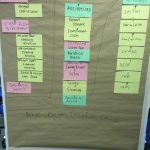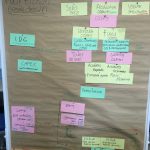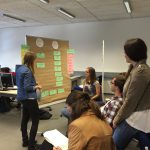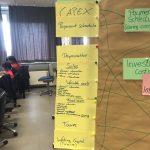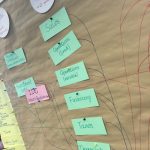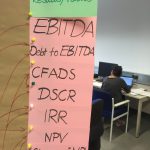The second MIB block course on financial modelling took place from 4 July 2016 until 8 July 2016. The “module” is a mandatory component of the International Business programme (M. Sc.) at HAW Hamburg. Approximately 20 students were challenged to tackle an especially designed case study entitled “Pulp Fiction”. The case addresses a complex investment decision to be made by a multinational corporation. The investment in question is a greenfield pulp mill project to be located in Southeast Asia. Students assume the role of a junior manager and are asked to develop a financial model as well as to prepare a report containing a strategic and financial recommendation for a fictitious board meeting.
The pedagogical framework of the course is based on the philosophy of competency-based education. The methodical-didactical design applies elements of project-based learning, case-based learning and enquiry-based learning. Preparatory instructional elements in the beginning are followed by supervision and (fading) support. Together with Stephan Beier, I taught the course applying a team teaching approach, which tends to create a positive working atmosphere and reduces the stress level for both students and instructors.
Classroom sessions took place in a computer lab. Daily sessions were scheduled from 9 a.m. until 6 p.m. with a one hour lunch break. Students were only required to be present on the first day. Thereafter, they were free to work at home or elsewhere. Although the course started with a phase that requires teamwork (see photos), students are required to hand-in individual models and reports. However, students may collaborate in pairs or small groups while developing and coding their models.
The case work requires a solid understanding of finance and accounting as well as a basic skill set in Excel coding. Hence, students have to tap and apply knowledge that has been taught in previous courses, which seemed to be a challenge for some participants. In few cases, we observed ungrounded fear when faced with the magnitude of the modelling task. Moreover, it seems that fear is accompanied by shame which might be related to supposed group pressure and angst of public humiliation. We think that this observation deserves further analysis, which could ultimately lead to an adjustment of the course design.
Nevertheless, the majority of the participating students demonstrated dedication and a professional attitude towards the course objectives. It is always deeply rewarding to observe the quality of the output that students are able to achieve once they have accepted the task at hand. We have seen some very nice financial models and are looking forward to receiving the final versions of the reports to be submitted in mid-August.

